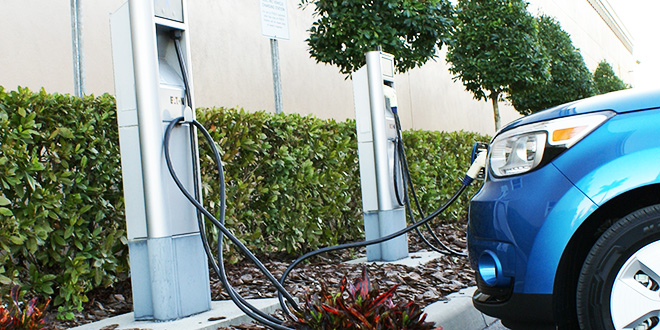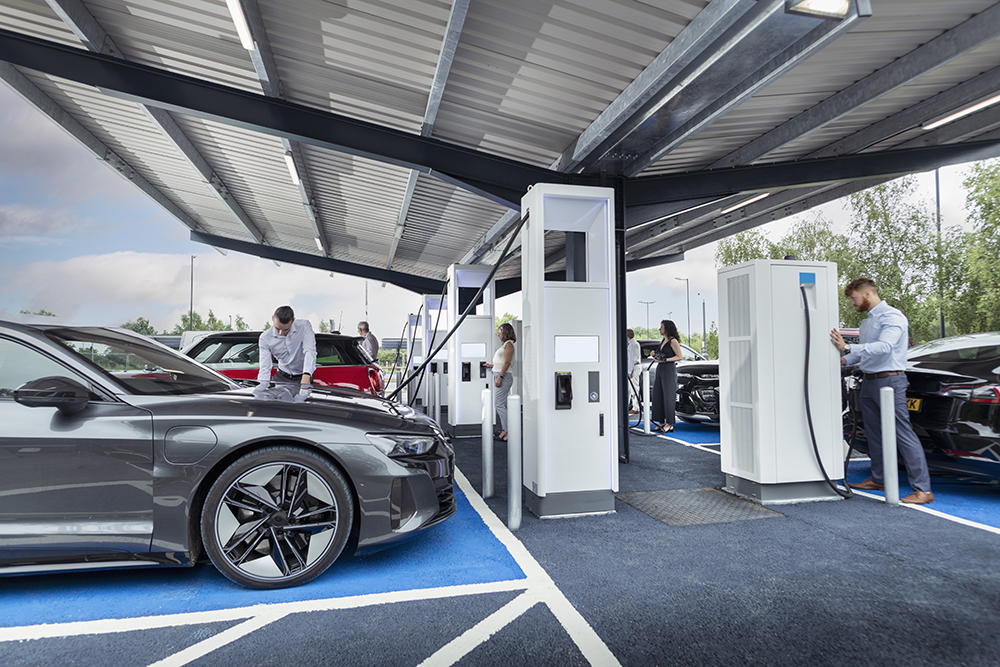San Francisco-based Pacific Gas & Electric (PG&E) probably has the most EVs in its service territory of any utility in the country – some 65,000, or 20 percent of the US total, according to a spokesman.
The company wants to build an enormous deployment of 25,100 charging stations in northern and central California – the number that it believes is necessary to support Governor Jerry Brown’s plan to have a million EVs on California roads by 2020.
However, the state Public Utilities Commission has put a stop to PG&E’s dreams of empire for the moment, saying that it will need to hold a series of hearings before authorizing the program.
“We must consider the requirement to protect against unfair competition and the demonstrated costs and benefits of any utility electric vehicle charging station proposal,” PUC Commissioner Carla Peterman wrote in her ruling (via San Jose Mercury News). “We find that a more measured approach to utility ownership in PG&E’s service territory is warranted.”
One objection to PG&E’s plan is the cost: $654 million, which the utility plans to pass on to ratepayers. Under the original PG&E proposal, residential electricity customers would pay an additional 70 cents per month on their utility bills from 2018 to 2022.
Peterman also pointed out concerns that control of such a comprehensive network could give PG&E something of a monopoly. The utility’s plan calls for it to have control over the design and support of the charging facilities, something that other companies in the charging industry say could suppress innovation.
“PG&E’s original plan was anti-competitive, because you should leave the choice of technology to the charging sites,” said Pasquale Romano, CEO of the charging network ChargePoint.
The massive network is by no means dead – just scaled down. For now, PG&E will be allowed to deploy 2,510 stations during the two-year first phase of the project.
“Expanding the use of electric vehicles is essential to California’s success in achieving a reduction in greenhouse gases and a robust charging infrastructure is necessary to make that happen,” PG&E spokesman Greg Snapper said. “PG&E has a long track record of supporting electric vehicles and we look forward to working with the PUC to make this happen.”
Source: San Jose Mercury News









































































































